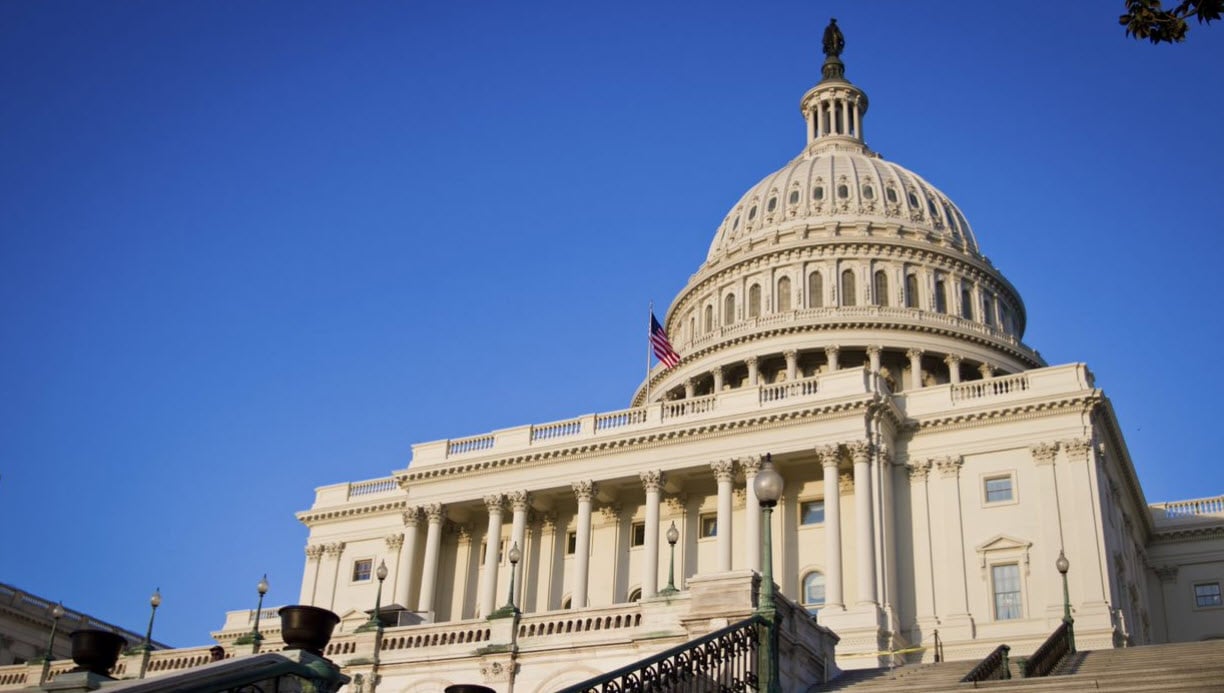In brief
The new premerger filing form and rules for complying with the Hart-Scott-Rodino Act (HSR Act) are now effective. While a legal challenge to the changes remains pending, any revisions or recissions by a federal court or the Trump Administration’s Federal Trade Commission (FTC) or Antitrust Division (DOJ) leadership have not stopped today’s implementation.
As such, parties to all M&A transactions that require an HSR Act filing must use the new notification forms, which (as we have previously described here) require the submission of substantially more information and documents. Parties should be prepared to spend additional time and to incur increased costs associated with HSR Act compliance. Cooperation provisions in M&A agreements will require adjustment to account for the additional preparation time.
Key takeaways
- Different Forms—There are different HSR forms for the buy- and sell-side.
- Transaction Rationale—Parties must “describe all strategic rationales for the transaction.”
- Documents Prepared in the “Ordinary Course” of Business—Parties have to submit certain plans and reports created within one year prior to the HSR filing that were shared with the CEO or any board member if the document addresses competition, competitors, markets, or market shares relating to a product or service that the counterparty also sells or plans to sell.
- Drafts of Transaction-Specific Documents—Parties must submit draft documents shared with a board member if they were prepared (a) “for the purpose of evaluating or analyzing the acquisition with respect to market shares, competition, competitors, markets, potential for sales growth, or expansion;” and (b) by or for an officer or director or a “supervisory deal team lead.” Previously, such draft documents were captured only if they had been provided to the entire board of directors.
- Overlapping Business and Top 10 Customers—Parties must provide details of any actual or potential competitive overlaps and identify top customers by name.
- Prior Acquisitions—Both notifying parties—not just the buyer—must provide details on acquisitions involving overlapping products/services during the preceding five years.
Conclusion
Absent some action from Congress (e.g., under the Congressional Review Act), the FTC, or a federal court—none of which seems likely to happen soon—parties to M&A transactions triggering an HSR Act filing obligation will need to comply with these onerous changes for the foreseeable future. The Baker McKenzie antitrust team is available to answer your questions and guide your teams on how best to comply with these new burdens in the most efficient and effective manner.








